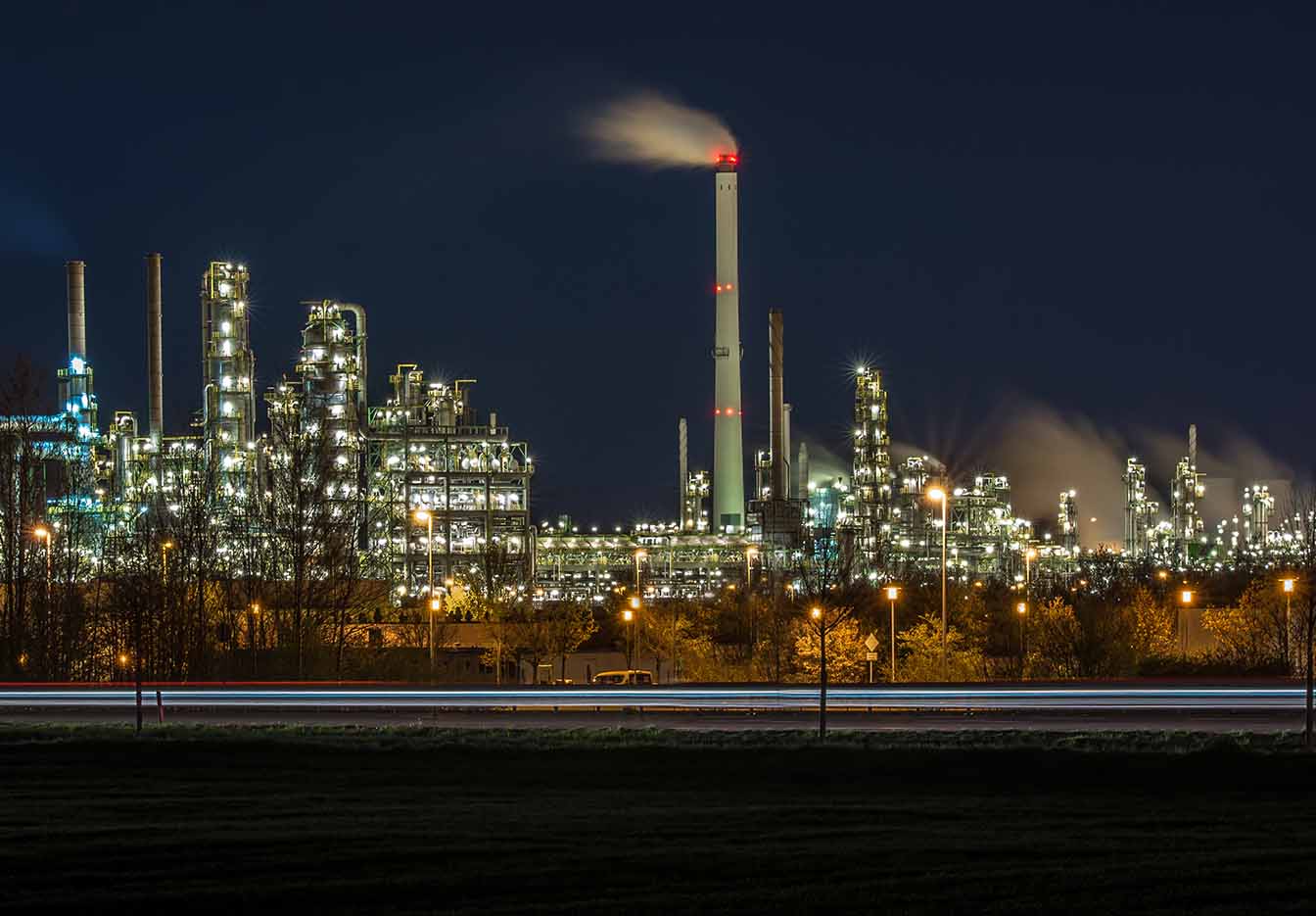Go here to listen to the podcast, or on all your favorite streaming platforms!
https://afry.com/en/podcast-fuelling-transition
“Leading industry experts join AFRY Management Consulting to discuss how energy systems are responding to decarbonisation, digitalisation and decentralisation.
S2 E7 | What next for the decarbonisation of industrial heat? with Tamsin Lishman, Chief Revenue Officer at ENERGYNEST
How do we decarbonise industrial heat? Could thermal batteries be part of a potential solution?
In this episode of Fuelling the transition, Matt Brown and Alex Blanckley, Principal at AFRY Management Consulting, are joined by Tamsin Lishman, Chief Revenue Officer at ENERGYNEST. Founded in 2011, ENERGYNEST has developed an innovative thermal battery technology capable of providing 24/7 green, reliable and cost-effective steam to industry.
Exploring topics surrounding thermal batteries and decarbonisation, they discuss whether decarbonising heat is as difficult as commonly thought, the future of decarbonisation in the industrial sector, and the impact of the ongoing gas crisis on the industrial sector.”



